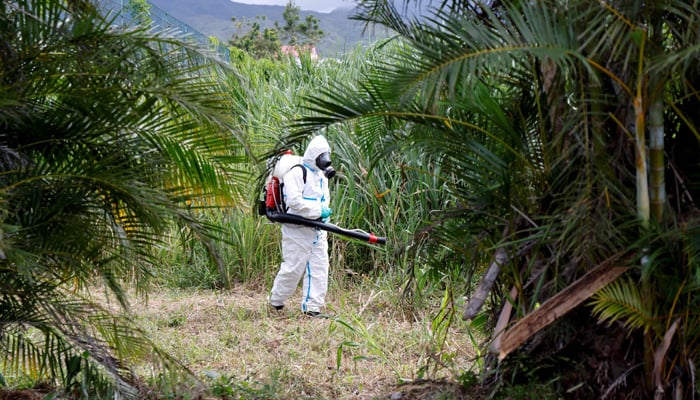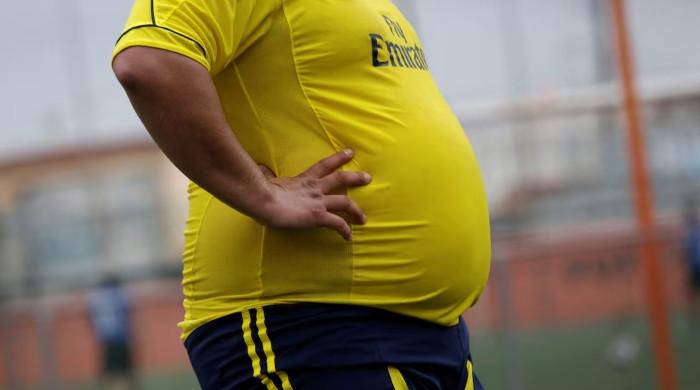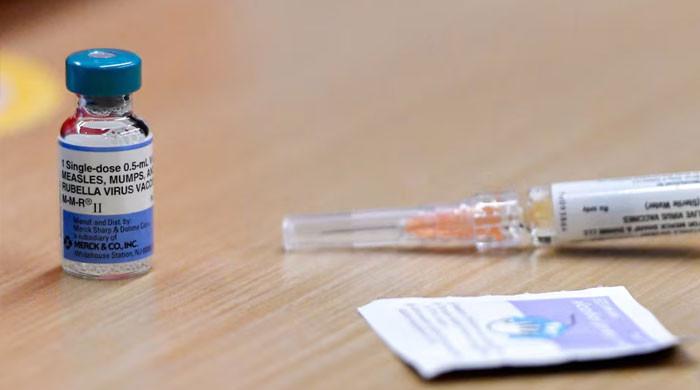Chikungunya outbreak hits China as cases surge past 7,000
Outbreak concentrated in Foshan city, which reports highest number of cases
August 05, 2025

Over 7,000 cases of the mosquito-borne virus chikungunya have been reported in China's Guangdong province since July, prompting authorities to implement measures reminiscent of the COVID-19 pandemic.
According to the BBC, the outbreak is concentrated in the city of Foshan — the worst-hit area — but at least 12 other cities in Guangdong have also reported infections.
Nearly 3,000 cases were confirmed in the last week alone. On Monday, Hong Kong reported its first case — a 12-year-old boy who had recently travelled to Foshan.
Chikungunya is a virus that causes fever and severe joint pain. It is not contagious and spreads only through the bite of an infected mosquito. While rare in China, the virus is more common in South and Southeast Asia.
In response to the outbreak, authorities are urging symptomatic individuals to get tested and are fining residents up to 10,000 yuan ($1,400) for failing to remove stagnant water from their homes.
Other efforts include releasing mosquito-eating fish and "elephant mosquitoes" to combat the virus-spreading insects. Foshan has also deployed drones to detect stagnant water sources.
Despite these aggressive measures, the outbreak has sparked public concern and online debate. Some social media users are questioning whether the COVID-like restrictions are warranted.
“These feel so familiar... but are they really necessary?” one user wrote on the Chinese social media platform Weibo.
Another commented: “What’s the point of the quarantine? It’s not like an infected person will go around biting people.”
Officials, however, say all cases have been mild so far, with 95% of patients discharged within a week.











